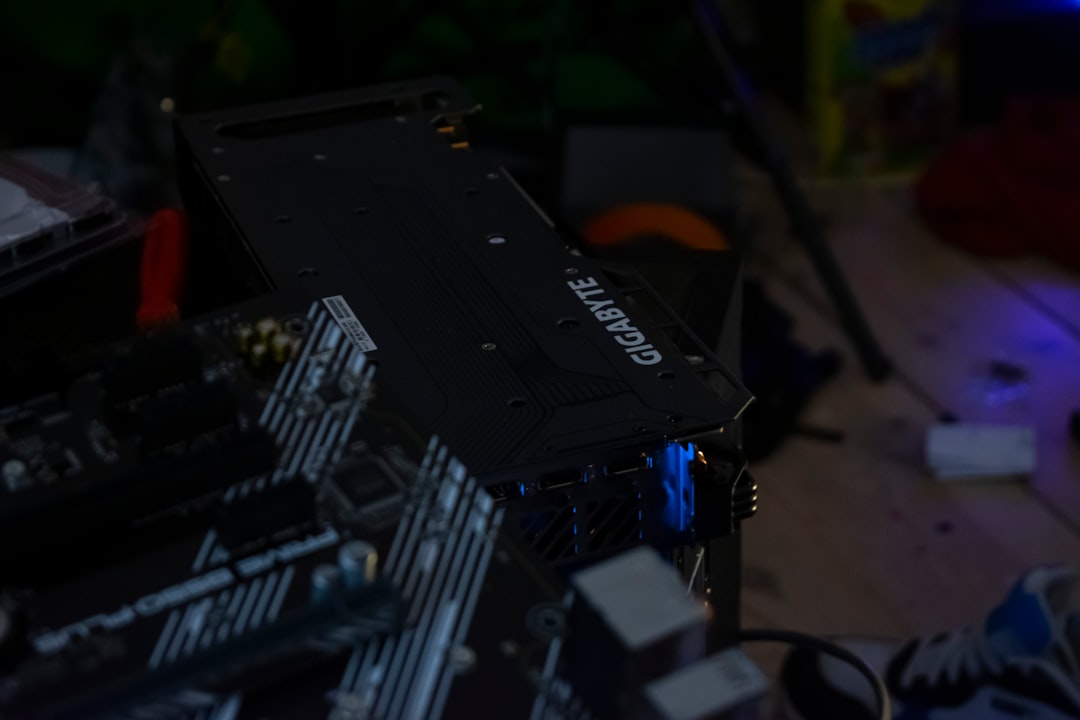Choosing the right CPU for your next gaming rig can feel like navigating a maze of specs, benchmarks, and performance claims. AMD’s Ryzen 7000 series brought substantial improvements in performance, efficiency, and gaming capabilities. Among its standout options, the Ryzen 7 7700X and Ryzen 5 7600X are two CPUs that frequently come up in discussions about maximizing FPS and future-proofing builds without breaking the bank.
TL;DR: Ryzen 7 7700X vs 7600X for Gaming
If you’re gaming at 1080p and want maximum performance without bottlenecks, the 7700X offers a minor but noticeable improvement over the 7600X—especially for users who also stream or multitask. However, for pure gaming value, the 7600X is hard to beat, offering nearly the same FPS in most titles at a noticeably lower price point. Budget-conscious gamers can confidently pick the 7600X without sacrificing substantial gaming performance. On the other hand, the 7700X is better suited for those also using their systems for content creation or heavier workloads alongside gaming.
Architecture and Specs Overview
Both the Ryzen 7 7700X and Ryzen 5 7600X are part of AMD’s Zen 4 lineup, built on the 5nm architecture and utilizing the new AM5 socket. This new generation brings support for DDR5 memory and PCIe 5.0, ensuring a level of future-proofing. Here’s how the specs of each CPU stack up:
- Ryzen 7 7700X: 8 cores, 16 threads, base clock of 4.5 GHz, boost clock up to 5.4 GHz, 105W TDP
- Ryzen 5 7600X: 6 cores, 12 threads, base clock of 4.7 GHz, boost clock up to 5.3 GHz, 105W TDP
At first glance, it may seem the 7600X wins in base clock speed, but the additional physical cores and threads of the 7700X make a significant difference in certain workloads. Both CPUs support overclocking and come with similar thermal requirements, though AMD does not include a cooler in the box for either model.
Gaming Performance Comparison
In real-world gaming scenarios, the difference between the 7600X and 7700X can come down to just a few frames per second, depending on the title and resolution. At 1080p resolution, where CPU bottlenecks are more likely, the 7700X shows a modest 3-7% advantage in many high-refresh-rate games. However, this leads to a deeper question—how much does that small lead really matter?

Here’s a look at relative performance in a few AAA titles and esport staples:
- Call of Duty: Modern Warfare II – 7700X delivers about 6% more FPS at 1080p compared to 7600X.
- Counter-Strike 2 – Both CPUs perform nearly identically; GPU becomes more important here.
- Cyberpunk 2077 – With ray tracing enabled, GPU prevalence becomes dominant, causing both CPUs to perform similarly.
- Assassin’s Creed Valhalla – 7700X leads slightly due to more cores utilized in this CPU-intensive title.
Across a broader benchmark suite, the 7700X edges out the 7600X in games that utilize multiple cores more efficiently or if simultaneous streaming or background applications are in use. But in GPU-limited scenarios or higher resolutions like 1440p or 4K, the differences become trivial.
Price and Value Proposition
Performance is one thing, but price is another critical factor. Upon launch, the Ryzen 7 7700X retailed around $399, while the Ryzen 5 7600X came in at about $299. With market fluctuations and frequent discounts, the 7600X is often found even cheaper—sometimes under $250.
So what does this mean for your wallet and gaming experience?
- On a tight budget? The 7600X is the obvious choice, offering high-end performance for most modern games without compromise.
- Looking to stream your gameplay or do some video editing on the side? It’s worth considering the 7700X for its additional threads and slightly higher all-core performance.
- Planning to build a system solely for gaming, especially at 1440p or higher? The GPU is your limiting factor, making the 7600X the more economical pick.
Thermals and Power Efficiency
Both CPUs sport a 105W TDP, but real-world power draw under gaming loads often varies. The Ryzen 5 7600X tends to run slightly cooler and more efficiently thanks to having fewer cores, which can affect your cooling choice—especially in compact builds. The 7700X may run hotter under extended loads, particularly in productivity tasks, and does benefit from stronger cooling solutions—even liquid AIOs.

That said, both CPUs stay well within safe thermal margins with competent cooling setups. Thermal throttling is not a common issue, so either chip is highly viable with the proper build and airflow planning.
Future-Proofing and Multitasking
While the two CPUs perform closely in today’s games, the story may change over time. As more titles continue to leverage multi-core processing for tasks like AI routines, physics simulations, and game world immersion, the 8-core 7700X may prove to have better staying power than the 6-core 7600X.
If you plan on keeping your rig for 5+ years or anticipate using your PC for more than just gaming—such as game development, 3D modeling, or running virtual machines—the additional threads and cache on the 7700X could provide noticeable benefits down the road.
Other Considerations
Here are a few last points to keep in mind when choosing between these two options:
- Motherboards: Both require AM5-compatible motherboards, which currently come at a premium over older AM4 boards. Be sure to factor motherboards and DDR5 RAM into your budget.
- Integrated Graphics: Both CPUs come with AMD’s RDNA 2-based Radeon iGPU, suitable for basic display needs but not gaming at high settings. Still, a nice touch for diagnostic purposes or CPU-only builds.
- Upgrade Paths: AMD has committed to supporting the AM5 socket for multiple generations. You’ll see better upgrade options down the line regardless of whether you start with a 7600X or a 7700X.
Conclusion
Choosing between the Ryzen 7 7700X and the Ryzen 5 7600X largely comes down to what you prioritize: raw gaming performance or all-around capability. If you’re looking for a CPU just for gaming, and especially if you’re gaming at higher resolutions like 1440p and 4K, the 7600X offers incredible value with minimal compromises. It’s an ideal CPU for budget-minded gamers who still want access to top-tier performance.
However, for builders who want extra cores for multitasking, streaming, or future-proofing whatever tomorrow’s games might bring, the 7700X draws a compelling case—if you’re willing to pay the premium.
Either way, you’re getting an incredibly capable CPU from AMD’s Zen 4 family that promises years of smooth, uninterrupted gameplay.

